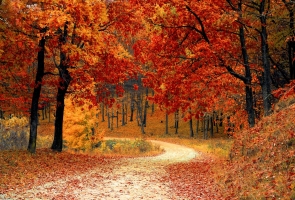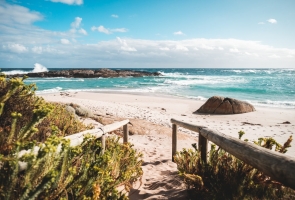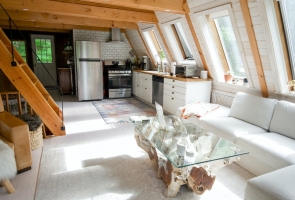Travel blogging can be a challenge in and of itself. Unless you want to spend the money literally sending your writer on vacation, most of the information in your article is going to be secondhand. There are a few ways around this that involve sourcing either just enough material to write with authority or using curated content to provide more firsthand information about a specific destination.
When writing about staycations, accuracy is even more important. You are attempting to attract an audience that lives in close proximity of a destination and probably has a working knowledge of the area, activities, and services already. In short, you can’t fudge this one; it has to be right. Today, I would like to take just a few minutes and offer some advice based on the types of content we create here at Beez in the travel niche.
As always, I would also like to invite you to contact us directly, so we can discuss your specific project in detail. You would be amazed what a professional eye can do to enhance your messaging. If any of what I’m about to suggest seems a little daunting, call in the pros. It doesn’t cost as much as you think, and the ROI can be significant.
Use Reputable Sources
If you find it necessary to write secondhand about specific destinations, be sure that your information is accurate. A good place to start would be the chamber of commerce website for the town or towns within the region on which you are basing your article. The most objective information about local businesses and attractions can be found there.
You want to zero in specifically on places that are affiliated with the chamber since that typically means they have a good reputation with the town already. Don’t send visitors anyplace shady, especially when it’s probable they’ve heard of it. Doing so can destroy your credibility.
Use Details from Review Sites
Once you have enough places to fill an article, you want to get the real scoop on what others think about them. While you might be tempted to tell people to avoid certain attractions that get bad ratings, it’s best to just not mention them. Travel is an area of copywriting that you don’t want steeped in controversy. The idea is to immerse the reader in the environment and paint a picture that is happy, leisurely, and stress-free.
TripAdvisor is a great site for discovering what visitors really think about local attractions. They are a bit more informative than those on other review sites, like Yelp, but both can provide the information you need to write objectively and positively. If you see too many conflicting reviews of a certain place, don’t write about it. Remember, you are trying to gain your readers’ trust, so decreasing the odds of disaster here is imperative.
Research Attractions on Social Media
While the vast majority of people who follow pages for local attractions are fans, you can sometimes get a feel for whether a business has had issues within the community by the reviews left on their pages. Social media is easier to edit, so it is possible that they have deleted some unsavory reviews, but when checked against other sources, you can usually tell if the locals like them.
You can also learn quite a bit from what they post to their social channels. Look them up on multiple platforms, particularly Pinterest and Instagram, but check out any site where they have content. Some businesses are better than others at promoting online, but a lack of quality content could be indicative of issues people won’t see until they set foot inside. Again, you want to avoid that kind of scenario as much as possible.
Source Other Articles for Noteworthy Attractions
This is what is called curated content: articles and blog posts about a specific attraction that you repost with your own commentary. If that sounds a little shady, please understand that when done correctly, it can only help boost your reputation. All you need to do is give credit where it’s due. Cite the source of the article you are reposting (either in part or in whole). Be clear about which bits of content are yours and which have been sourced.
If you’re still concerned about the ethics of this type of approach, understand this: Content curation is the foundation of some of the biggest blog sites out there, most notably the Huffington Post. If you want to learn how to do content curation the right way, get familiar with how it does things and follow its lead.
Use Appropriate Visuals
When dealing with specific places that your readers are likely to recognize, do not use stock images. A picture of a child laughing coming down a waterslide is great, if it’s the waterslide in the article. A picture of a cheeseburger is fine, too, if it’s an actual image of the product served at a specific restaurant.
It is very easy to fall into the trap of “I want this to look good…” while forgetting that people will be able to verify if what they see is what they actually get. In this instance, you should source from merchant websites (with full permission and with photo credits within the article – this is just another area of content curation).
Snapshots from travel review sites are also good choices and are usually royalty-free. You should always check the terms of service of any website before just helping yourself to its content, though. Check the terms of service and understand copyright and intellectual property as defined by the site owners before simply using an image you find there.
Final Takeaway
Using the advice in this article will help you develop honest, positive, and relevant content about staycations. If you have any doubt that what you are producing can or will be successful, call in the pros. We work with a diverse staff of both employee and freelance writers, many of whom have experience with travel blogging and an understanding of some of the best practices outlined above. Whether you need a second pair of eyes to critique and edit or if you want content created from scratch, Beez has you covered. Contact us today to learn more.




